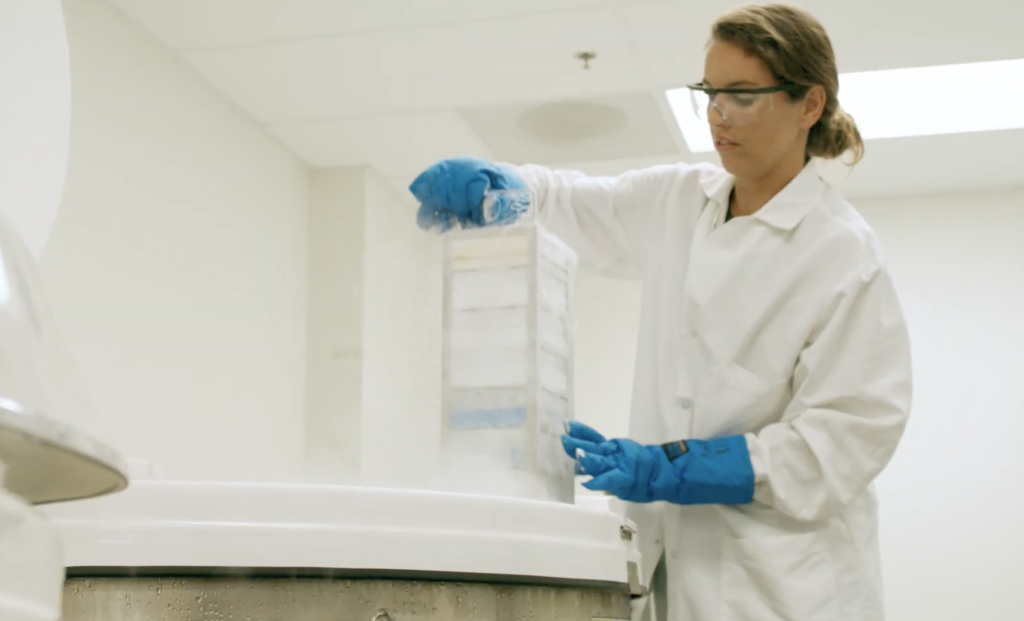Immunotherapies for head and neck cancer:
To develop new cancer therapies by studying how the immune system, by way of neo-antigens, can recognize and eliminate tumor cells by targeting molecules only found on the surface of the tumor cells.
The research is part of the Immuno-Oncology Translational Network, which was established as part of the National Cancer Institute’s Cancer Moonshot program. A collaboration with the UC San Diego Moores Cancer Center and LJI Professor Stephen Schoenberger, Ph.D.
In a collaboration with Vanderbilt University researchers, the Peters lab is also comparing data from MHC ligand elution experiments, in silicon predictions, and experimental T cell recognition assays to determine what drives immune recognition in head and neck cancers
Pipeline tool to predict immunogenicity of cancer neo-epitopes:
Research to provide in-depth characterization of the importance of several variables affecting cancer neo-epitope immunogenicity. These findings in turn will allow the development of bioinformatic tools, and a unified analysis pipeline, towards the identification of cancer neo-epitopes. Identification of such epitopes is expected to allow quick identification of cancer-associated, patient-specific, mutations potentially recognized as epitopes, with direct applicability to the development of efficacious therapeutics.
NIH/NCI (5R21AI134127).


